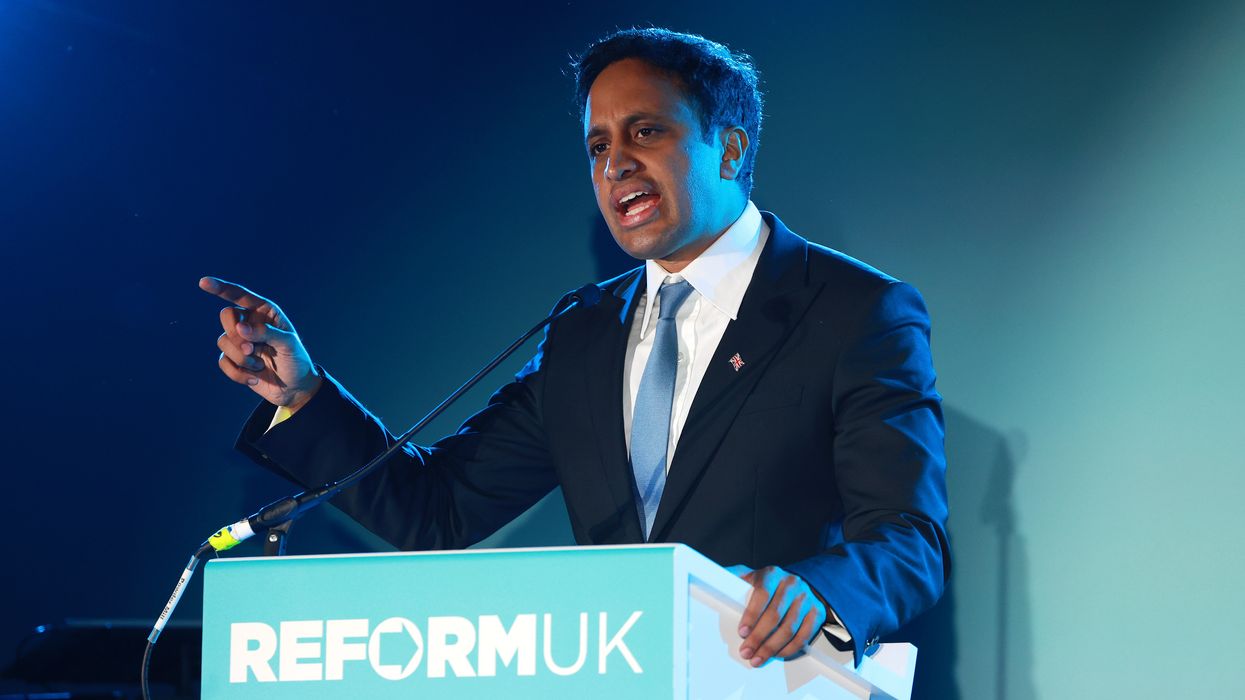Millions of workers have reason to celebrate as the Workers (Predictable Terms and Conditions) Bill has received Royal Assent, granting workers greater control over their working patterns.
This law backed by the Department for Business and Trade empowers all workers with the legal right to request a predictable working pattern and encourages open discussions with their employers.
The Workers (Predictable Terms and Conditions) Bill, which was presented by Blackpool South MP Scott Benton and supported by Baroness Anderson marks a significant win for workers.
The new law addresses issues related to atypical contracts, including zero-hours contracts, by providing more predictability in working hours.
This legislation fulfills a 2019 Manifesto commitment to introduce a right for workers to request a more predictable contract.
While zero-hours contracts and other atypical work arrangements play a crucial role in the UK's flexible labour market, the government aims to combat unfair working practices.
The Predictable Working Act aims to redress the power imbalance between some employers and workers in such atypical arrangements, promoting constructive conversations between workers and employers regarding their working patterns.
Business and trade minister Kevin Hollinrake said, "A happier workforce means increased productivity, helping in turn to grow the economy, which is why we've backed these measures to give people across the UK more say over their working pattern."
Under this new law, workers can formally apply to change their working pattern to make it more predictable if their existing pattern lacks certainty in terms of hours or times worked or if they are on a fixed-term contract for less than 12 months. Employers must respond to such requests within one month, a press release from the department for Business and Trade said.
These measures not only benefit workers but also contribute positively to British businesses. Acceptance of requests leads to more predictable terms and conditions for workers, enhancing job satisfaction and potentially resulting in better staff retention.
Susan Clews, chief executive of the Advisory, Conciliation and Arbitration Service (Acas), noted, "With the passing of the new Act, many workers will have the right to request more predictability around their working pattern."
Acas is in the process of developing a new Code of Practice to guide workers and businesses on handling requests, fostering understanding and constructive discussions around working arrangements. The draft Code will be available for public consultation soon.
The Workers (Predictable Terms and Conditions) Act 2023 is part of a package of Private Member Bills supported by the government, reinforcing the UK's worker's rights laws.
These include support for employee parents of newborn babies admitted to neonatal care, ensuring fair treatment of tips and service charges, enhanced protection for pregnant women and new parents, provisions for unpaid carers, and the right for millions of employees to request flexible working conditions.
This comprehensive set of new laws bolsters the UK's flexible and dynamic labour market, providing businesses with the confidence to create jobs and invest in their workforce, ultimately fostering long-term economic growth.
Ben Willmott, head of Public Policy at the Chartered Institute of Personnel and Development (CIPD), emphasised that this new right enables atypical workers to request more predictable working patterns, benefiting both businesses and workers.
He said, "This new right will ensure that atypical workers can request a more predictable working pattern if they need more certainty, for example, over the hours they work each week.
"It should also prompt more employers to ensure that the flexibility in non-standard employment arrangements works for both the business and workers wherever possible, boosting their efforts to recruit and retain staff."
The Act is expected to come into force approximately a year after Royal Assent, allowing employers time to prepare for the changes.
Subject to parliamentary approval, all workers and employees will be entitled to exercise this new right once it is in force.
However, before making their application, they must first have a defined work history with their employer. The specific duration of this qualifying period will be outlined in regulations, with an expected duration of 26 weeks.
Importantly, workers will not be required to have worked continuously during this period.
In response to this legislation, the government has commissioned Acas to develop a new statutory Code of Practice. This code aims to facilitate understanding of the law among workers and businesses while providing guidance on the process of making and considering requests.
Acas plans to initiate a public consultation on the draft Code this autumn.












